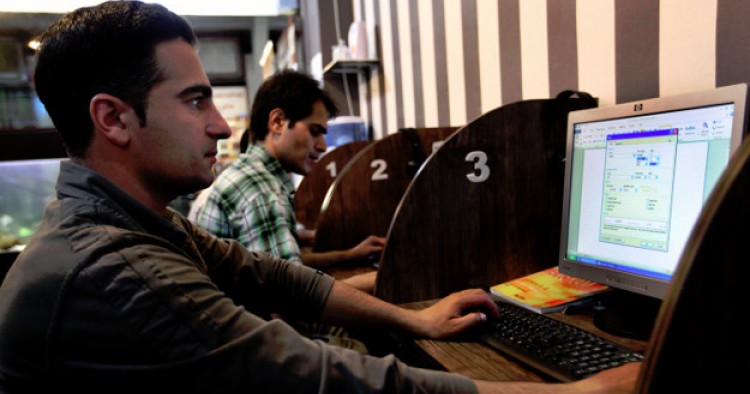Iran’s Deputy Police Chief has announced that the country’s Cyber Police has increased its presence and activity in major population centers across the country to monitor the cyberspace and prevent cybercrimes ahead of the presidential elections slated for May. “The Cyber Police’s specialized labs have simultaneously been inaugurated in 16 provinces of the country through a video conference. At present, the Cyber Police’s advanced labs are active in 26 provinces of the country. By establishing these labs, security in the cyberspace will be maintained and the crime rate in this field will decline,” Brig. Gen. Eskandar Momeni, the deputy head of the Law Enforcement Force of the Islamic Republic of Iran, said in a speech on the sidelines of a national conference of the country’s cyber police chiefs on March 1.
He also noted that cybercrimes in Iran have increased by 60 percent although the country’s Cyber Police manage to “discover” more than 80 percent of crimes in the cyberspace. But Momeni emphasized that Iran’s law enforcement forces are fully prepared and will act “preemptively” to maintain security in the cyberspace for the upcoming elections.
Comment: Internet activism played a key role in the mobilization of anti-regime protests that rocked the Islamic Republic after the controversial 2009 presidential elections. As a result, the Iranian regime established new government agencies to tighten its control over the internet. In 2011, the Iranian government created the Cyber Police department; and a year later, Supreme Leader Ali Khamenei ordered the establishment of a new government agency, called Supreme Council of Cyberspace, in an effort to step up the country’s crackdown on Iranian internet users. And as the May presidential elections are approaching, the Iranian authorities have further increased monitoring and controlling the country’s cyberspace.
In addition to measures taken by the country’s law enforcement forces, the Basij paramilitary organization has also taken an increasingly active role in monitoring and controlling the country’s cyberspace. Earlier this month, Iran’s Deputy Attorney General Abdolsamad Khoramabadi announced that his office has tasked the Basij organization to take a leading role in cracking down on the country’s cyberspace. “About 18,000 people [Basij members] voluntarily monitor the cyberspace and report any violations by websites and [online] social networks to the office of the Attorney General,” he said.
The Middle East Institute (MEI) is an independent, non-partisan, non-for-profit, educational organization. It does not engage in advocacy and its scholars’ opinions are their own. MEI welcomes financial donations, but retains sole editorial control over its work and its publications reflect only the authors’ views. For a listing of MEI donors, please click here.













